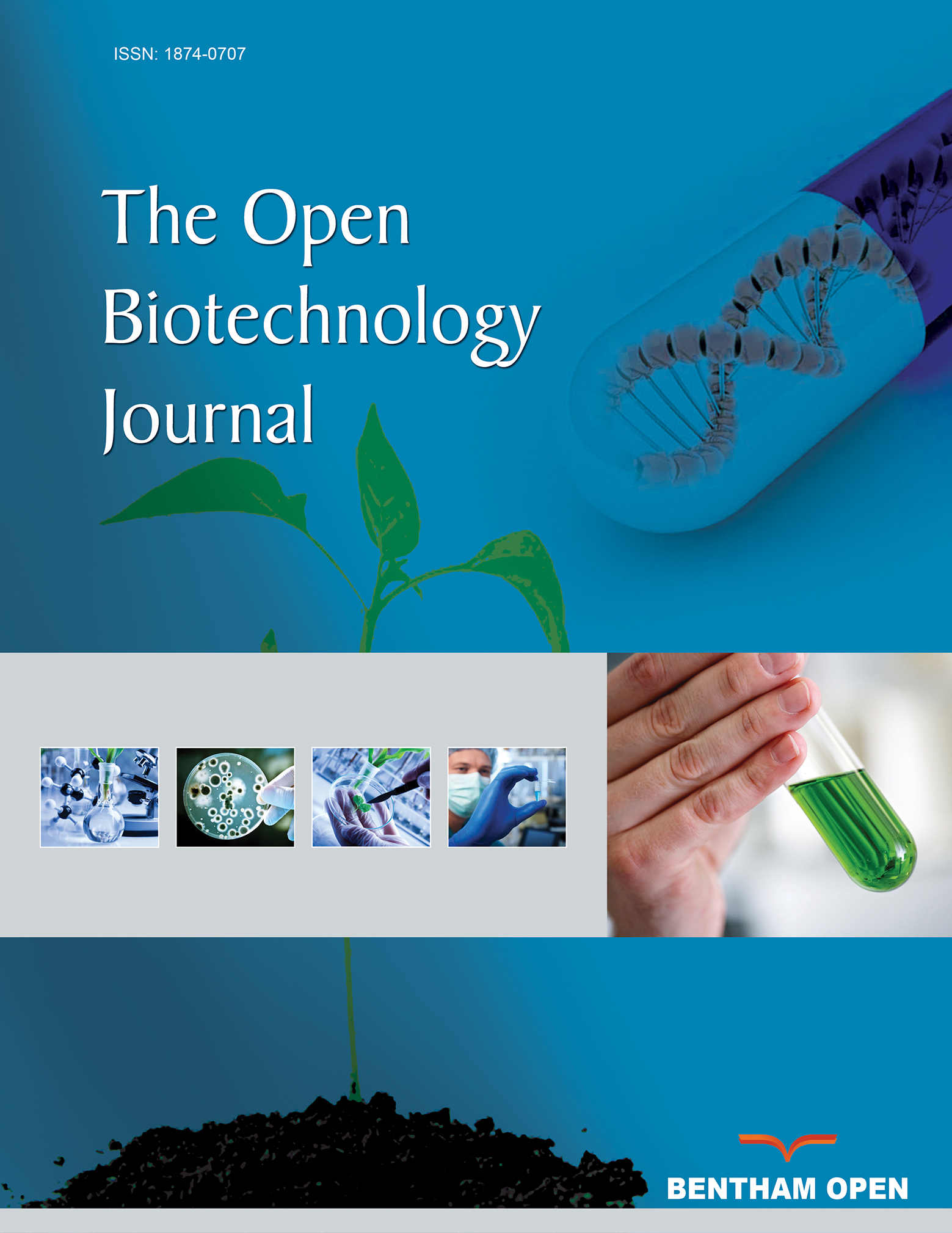All published articles of this journal are available on ScienceDirect.
Detection and Molecular Characterization of Vibrio Parahaemolyticus in Shrimp Samples
Abstract
Background:
Food safety has emerged as an important global issue with international trade and public health implications. Bacterial pathogens asVibrio parahaemolyticus recognized as an important cause of foodborne diseases related to the consumption of raw, undercooked or mishandled seafood worldwide.
Methods:
A total of 70 individual wild shrimp samples were collected from shrimp retail outlets in Zanjan, Iran and investigated for the presence of potentially pathogenic strains of V. parahaemolyticus.The shrimp samples were immediately homogenized and cultured on TCBS agarand subjected to confirmatory biochemical tests. Polymerase Chain Reaction (PCR) was performed for detection of total and pathogenic V. parahaemolyticus by amplification of vp–toxR,tdh and trh genes.
Results:
The conventional method indicated that 16 (22.8%) of samples were positive for V. parahaemolyticus. However, PCR verified that only 12 (17.1%) shrimp samples were positive for V. parahaemolyticus. Of the 70 shrimp samples in our study, only 2 (2.8%) tdh and 1 (1.4%) trh positive strains were identified.
Conclusion:
Detection of tdh and/ or trh positive V. parahaemolyticus in shrimp marketed in Zanjan, Iran shows a probable risk for public health. Therefore, the reliable molecular methods for monitoring of potentially pathogenic V. parahaemolyticus are strongly recommended for the routine seafood examination.


